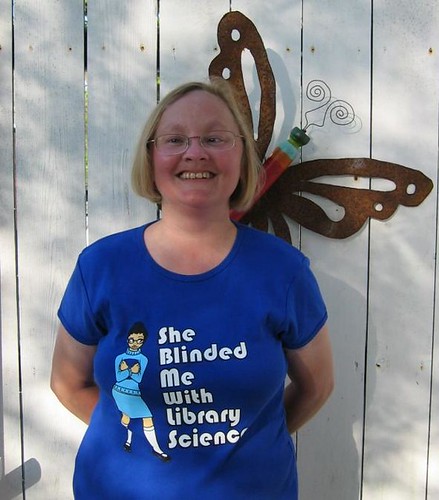A fascinating and gripping book. We hope that doctors are "superhuman" and know more about things than we do, but it would be better for everyone if we all realize that doctors are just as human as the rest of us are, they screw up just as often, and they certainly don't know everything. Like the rest of us, doctors also have biases (some that they may not even be aware of), and they may also have hidden agendas. Scary stuff, but it's good to have it out in the open, because that's the only way we can address it and try to make things better. Expecting our doctors to be infallible superhumans only sets them up to fail, and sets us up for disappointment.
"Uncertainty creeps into medical practice through every pore. Whether a physician is defining a disease, making a diagnosis, selecting a procedure... he is walking on very slippery terrain. It is difficult for non-physicians, and for many physicians, to appreciate how complex these tasks are, how poorly we understand them, and how easy it is for honest people to come to different conclusions." (David M Eddy, professor of health policy at Duke Unversity, quoted on pp 151-152)
So what can we do about this? Groopman suggests: "Informed choice means, in part, learning how different doctors think about a particular medical problem and how science, tradition, financial incentives, and personal bias mold that thinking. There is no single source for all of this information... so a patient and family should ask the doctor whether a proposed treatment is standard or whether different specialists recommend different approaches, and why." (p 233)
Wednesday, September 05, 2007
Subscribe to:
Post Comments (Atom)

No comments:
Post a Comment